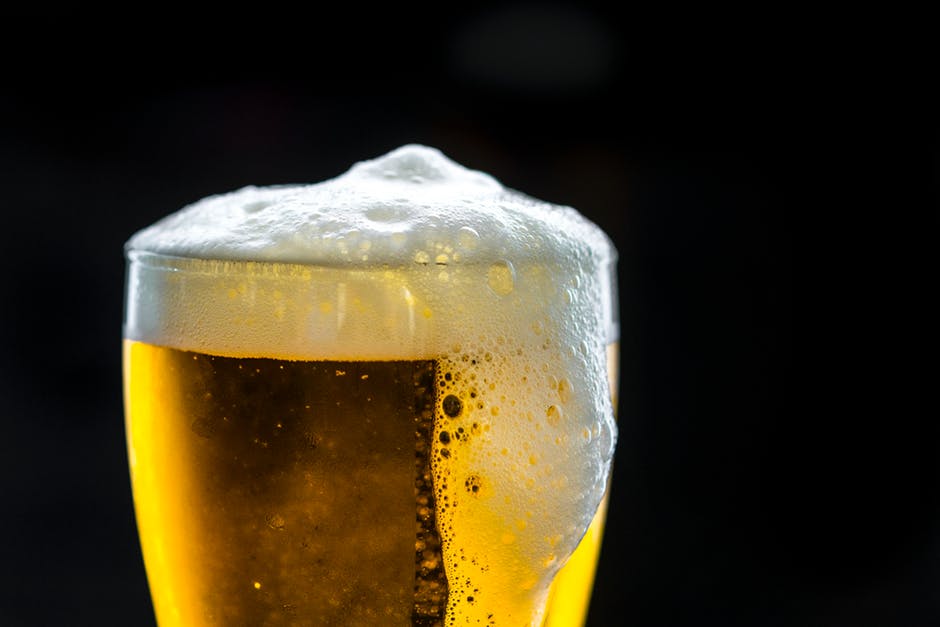More people are starting to participate in dry sober months as the trend is to be sober in certain months.Reports suggest that in the UK, 20% of addicts are planning to be sober in January 2022. They are ready to kick-start their recovery journey on the New Year.
Dry January has more results than any other month because many assume that a new year means a fresh start. It’s about starting the new year knowing you deserve better than just trying to quit.
If you can stay alcohol-free for the first month of the year, then you can quit alcohol for the rest of the year too.
However, if you have a dependence on alcohol that is affecting your daily life (work, relationships, health, etc.), just remaining sober for a month may not really help curb your addiction.
Addiction leads to fluctuations in the brain that cause adjustments in the limbic system (subcortical) and prefrontal cortex (cortical) areas. This in turn affects judgement, memory, reward, impulse control, and motivation. It leads to intense growths in desire for a drug and damages the capability to effectively adjust this instinct.
This persists regardless of the awareness and understanding of numerous repercussions connected to addictive actions. People need rehabilitation, therapy, or long-term lifestyle changes to emerge from their addictions. Simply having a sober dry month may not really do them much good.
Let’s take a closer look at what sober dry months entail and how they work for people with alcohol or drug addictions.
What Is Addiction?
Addiction is a long-lasting illness with social, biological, environmental, and psychological dynamics manipulating its maintenance and growth. Genetics are around half the danger for addiction.
Genes are a major factor in how people respond when they originally consume a substance such as drugs or taking part in particular behaviours like gambling, including the approach the body takes under influence.
Despite severaltips available on how to reduce alcohol consumption, people with alcohol dependence cannot just quit.

What Are Dry Sober Months?
A sober dry month is when someone who is addicted to alcohol, gives it up for a period of time, usually a month or two. They do this in an attempt to reduce or beat their dependency on alcohol.
However, this rarely works, and can actually cause more harm than good.
It is a short-sighted, temporary fix that can go on to add to the problem and make it worse once the period of abstinence ends, and the individual returns to alcohol.
Why Do Dry Sober Months Don’t Work?
The reason addiction is so hard to beat is that it depends on many internal and external factors. If these factors are not addressed, and the solution stops at staying sober for just a month, addiction cannot be beaten.
Inevitably, the person struggling with alcohol will end up back at square one.
Sober dry month(s) frequently contribute to making the disorder even worse. It is possible that while you’re sober, you feel the full impact of the complications and troubles you are trying to cope with by drinking.
This may cause you to think that “it was much better to continue consuming alcohol because ‘real life’ is just too painful or difficult without the alcoholic buffer.”
It is also possible that once the decided-upon-sober-period is over, and you return to alcohol, you end up binge drinking. This can be increasingly dangerous especially if too much alcohol is consumed in one sitting. A behaviour such as this may lead to an alcohol intake much higher than before the sober month(s).
Another reason why this method may not help is that it can be extremely tough to go through withdrawals alone, and dangerous if there is no medical supervision. Withdrawals that can cause physical and psychological harm ultimately hinder the journey to recovery in the longer run.
Seek Professional Help
Paul Spanjar, leading addiction specialist at the Providence Projects Treatment Centre, explains why sober months could be doing more harm than good.
“Those caught in a battle with alcohol dependence will not be able to just quit alcohol for a month. Firstly, addiction is a coping mechanism for individual pain and suffering. Without proper treatment, addiction will not simply go away after a few days. Secondly, those who are severely alcohol-dependent could end up suffering from serious withdrawal symptoms without medical treatment, and thirdly, those who already feel shame around their drinking could be made to feel worse during these periods of collective sobriety.”
Alcohol addiction is not something that a person can manage to recover from by themselves. It’s a severe disorder that, when left undiagnosed, can have overwhelming and dangerous consequences.
The Providence Projects Treatment Centre has aided people in fighting addiction and becoming sober. It’s the best place to kick-start your recovery trip. They help in providing inexpensive rehab for gambling, drugs, alcohol, and other addictive disorders.
The team consists of extremely skilled doctors, therapists, support workers, and counsellors who guarantee that they help each customer in the best way possible. Over here, you are in safe hands.
Summary
In conclusion, sober dry months aren’t a long-term solution. They often result in relapse or even binge drinking. Professionals provide a better plan for you that can help you in the long run so that you can maintain sobriety.
With help from therapists, counsellors, support groups, and experts, you will be able to turn sober dry months into never again! Even though many people struggle to abandon consuming alcohol, remember that:
- #1 The road to recovery is a painful, long, and rough journey.
- #2 Sober dry months can do more harm than good for your addiction.
- #3 Navigate the trials in a healthier way through proper rehab which closely addresses the internal and external factors of your addiction.
- #4 Don’t forget that your loved ones are there to help you. Let them.
- #5 The likelihood of making a prosperous recovery is higher when you put yourself first.
No matter how hard your situation is, seeking professional help is always a good idea.
